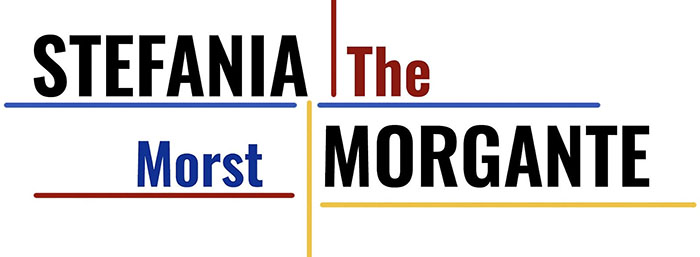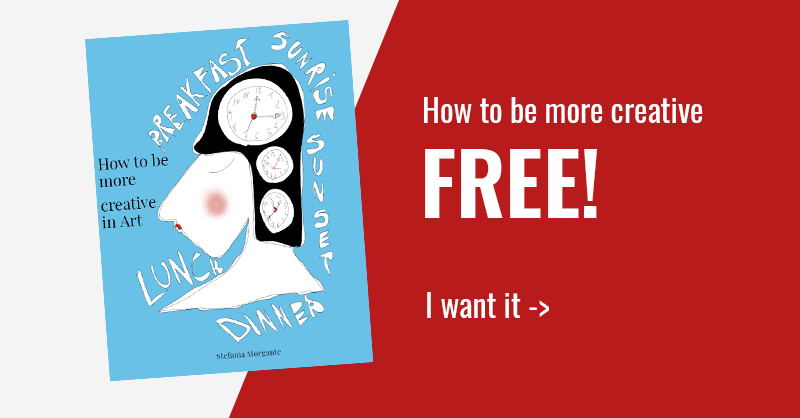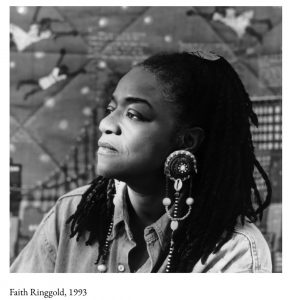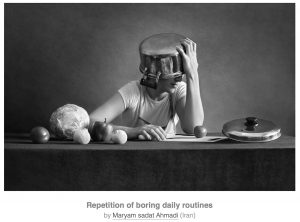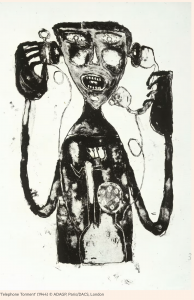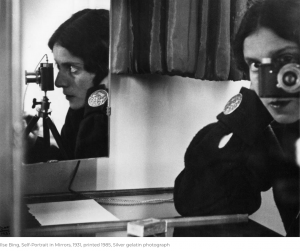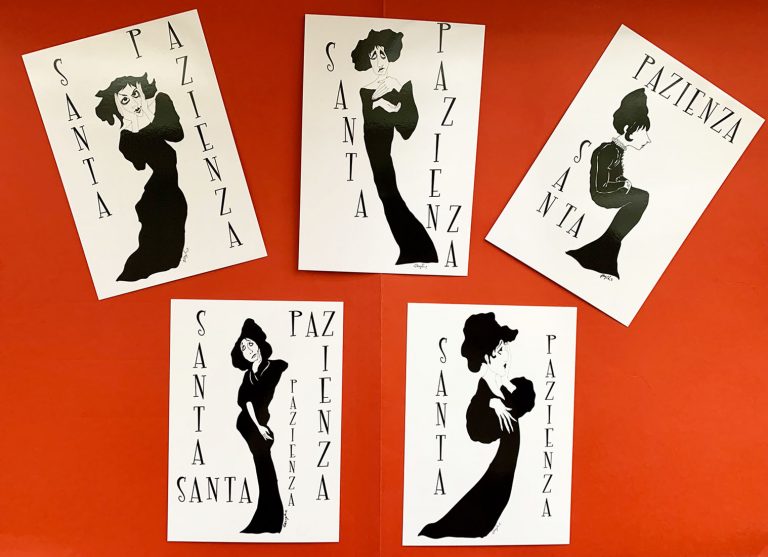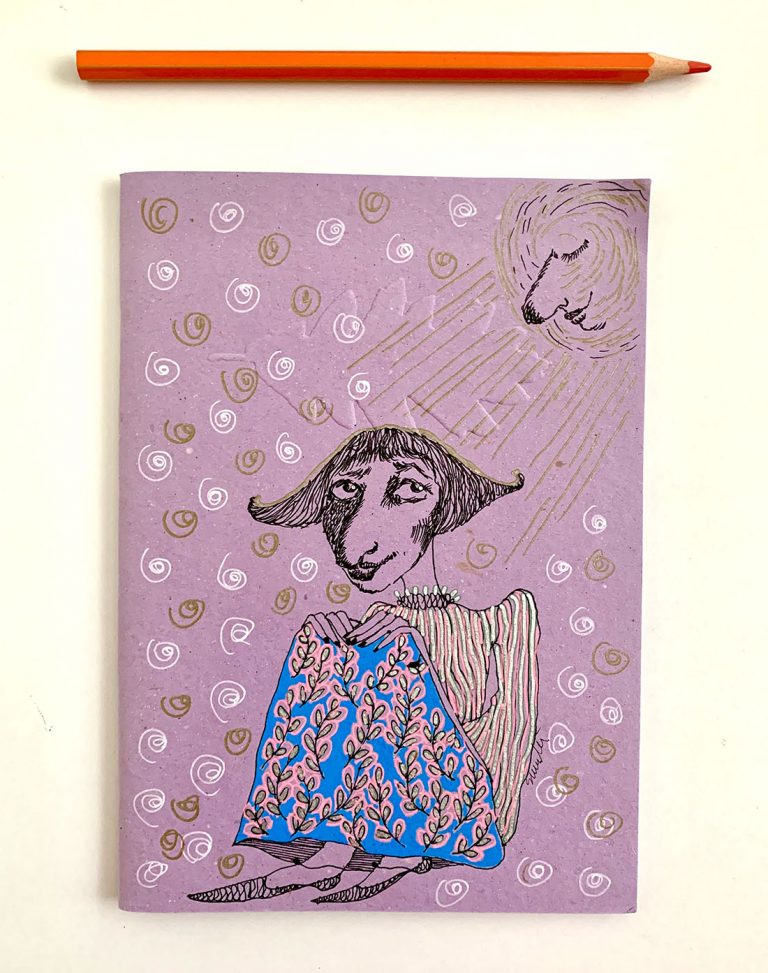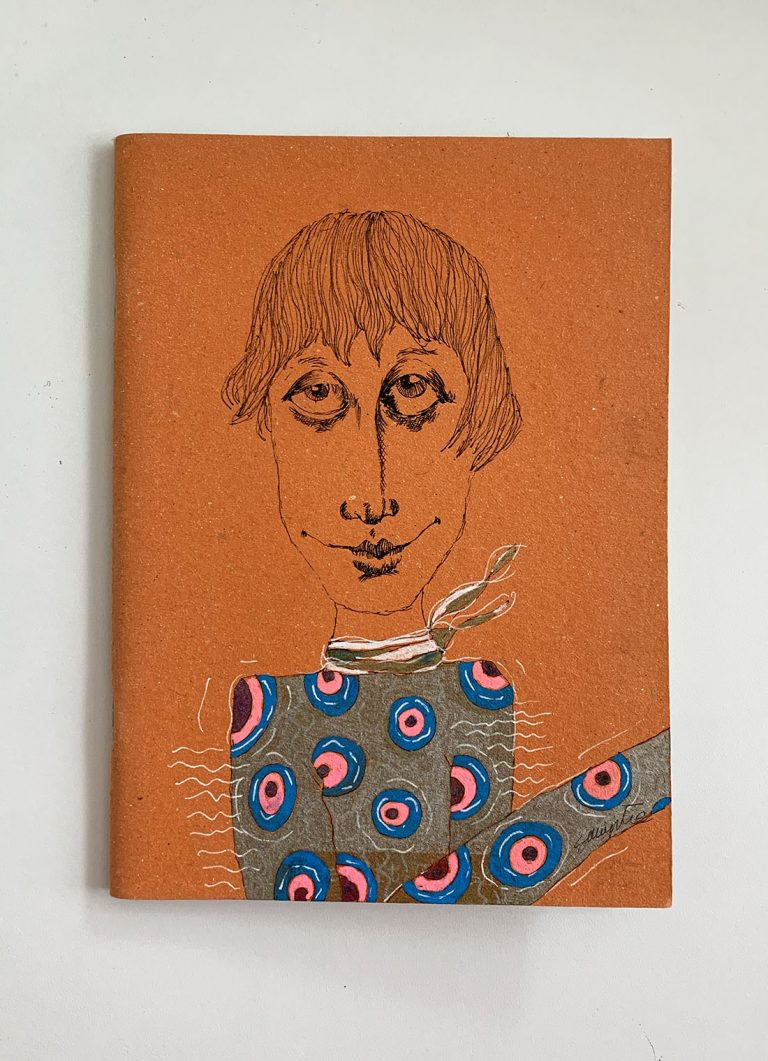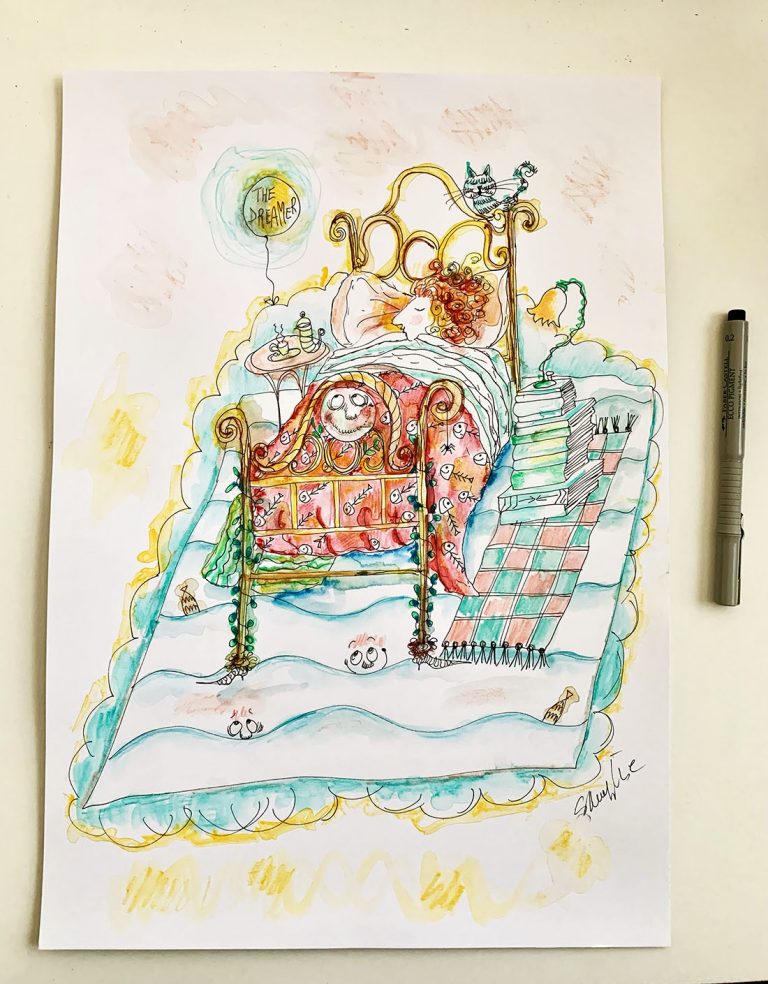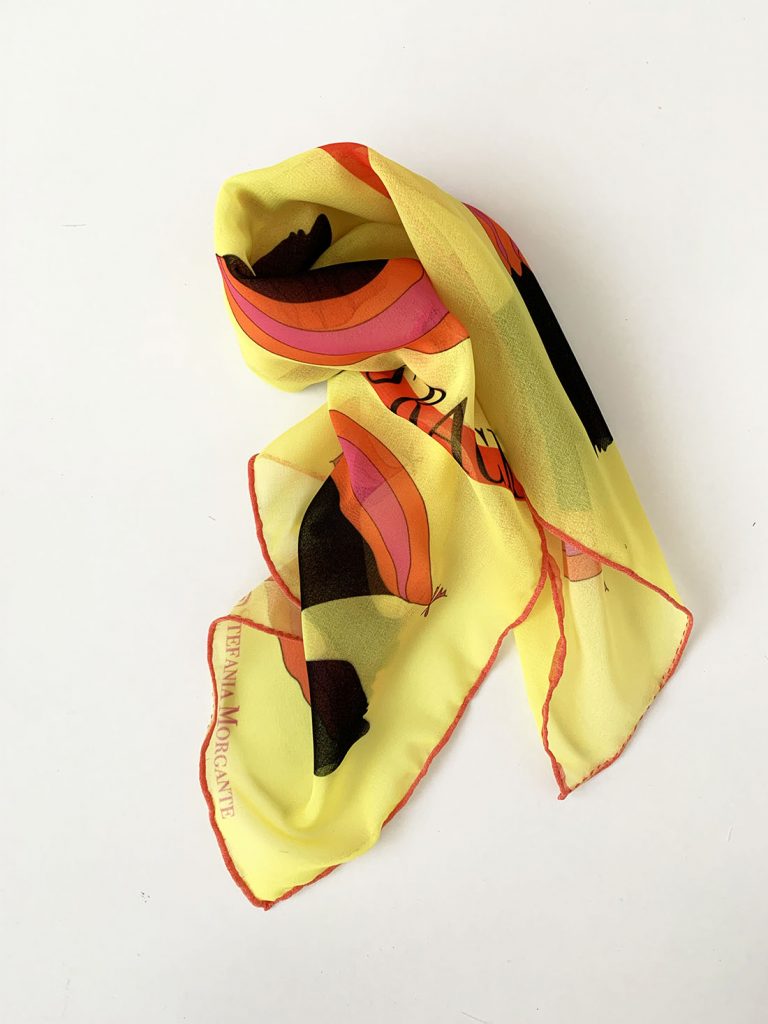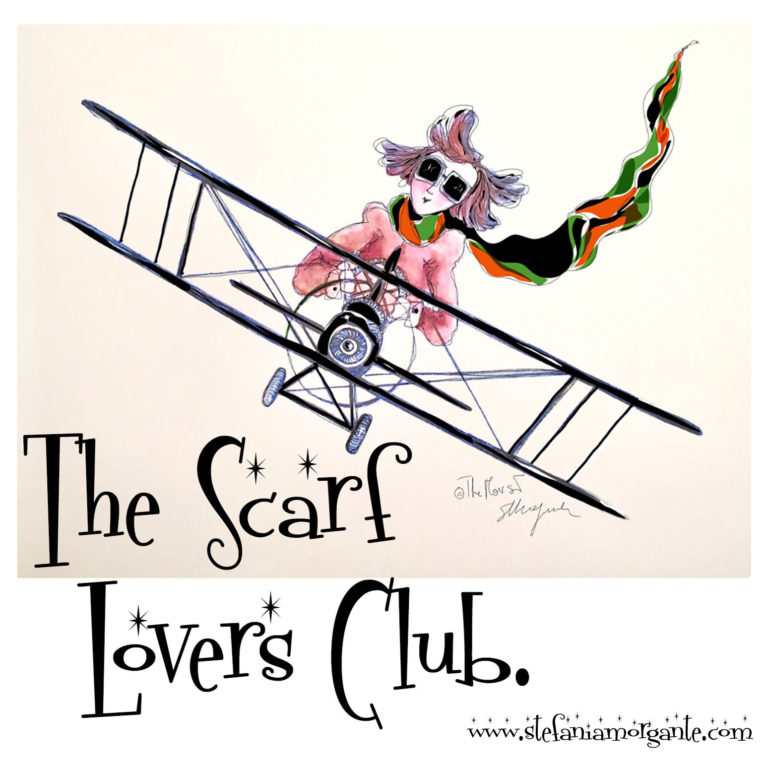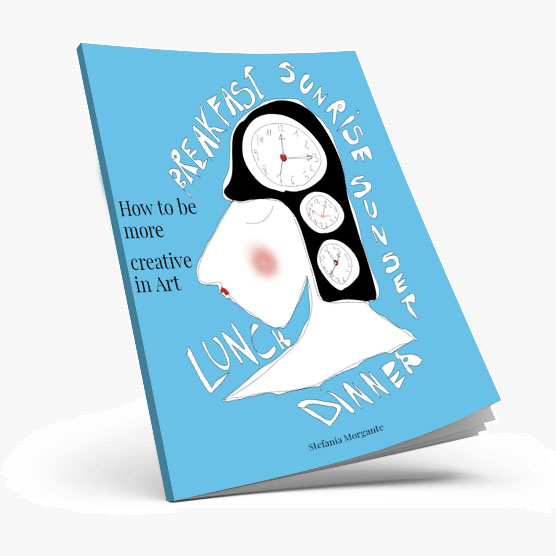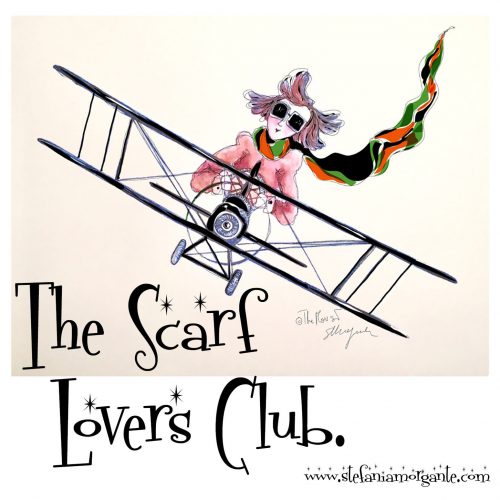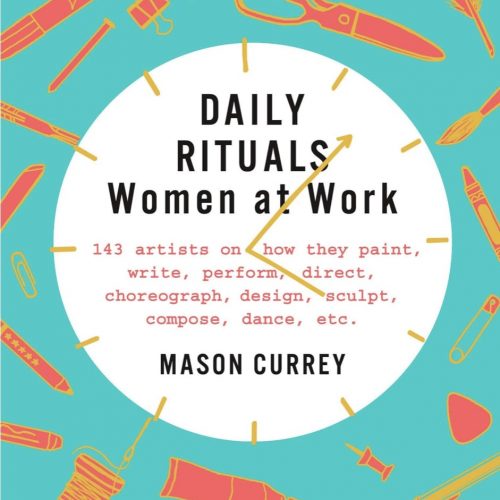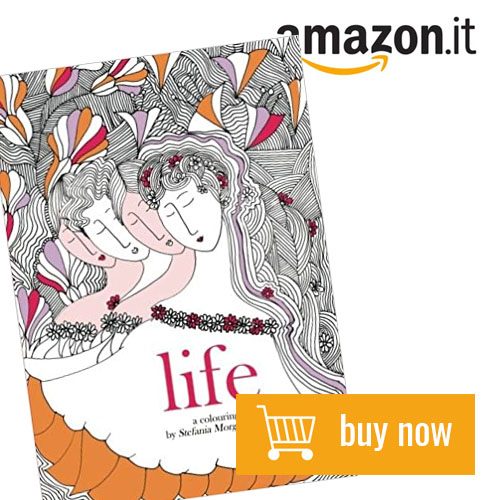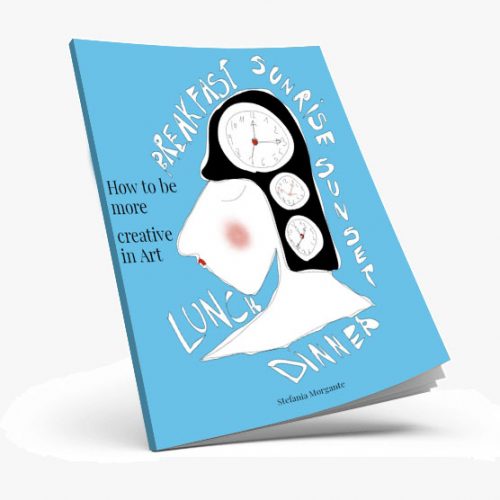The golden age doesn’t exist
We live in an era where age matters a lot and youth and rapidity are synonymous with talent and creativity.
The younger you are, the more successful you will be, money, fame, you will be loved and you will have all the doors open.
But is talent the heritage of the youngest? or rather, talent and personal fulfilment, belong exclusively and exclusively to certain age groups?
Age and communication
I ask myself this kind of question every day, because talking about social media makes me lose the physiognomy of the people I’m virtually in front of and I don’t really know what age that person I’m talking to at that moment is.
But it’s not age that counts in these cases, communication counts.
Age on socials loses value, because we can manipulate images and even our autobiographies.
What is left perhaps, is the true essence of those who dialogue with us.
Any age therefore finds space in online dialogue.
Today we are all eternally young. Society imposes it on us. Because being old means being slow, fragile and not very creative.
Then viruses come and stop us all, whatever age we are at.
And we have to rethink what slowness is, the lack of creativity linked to the age of each one of us.
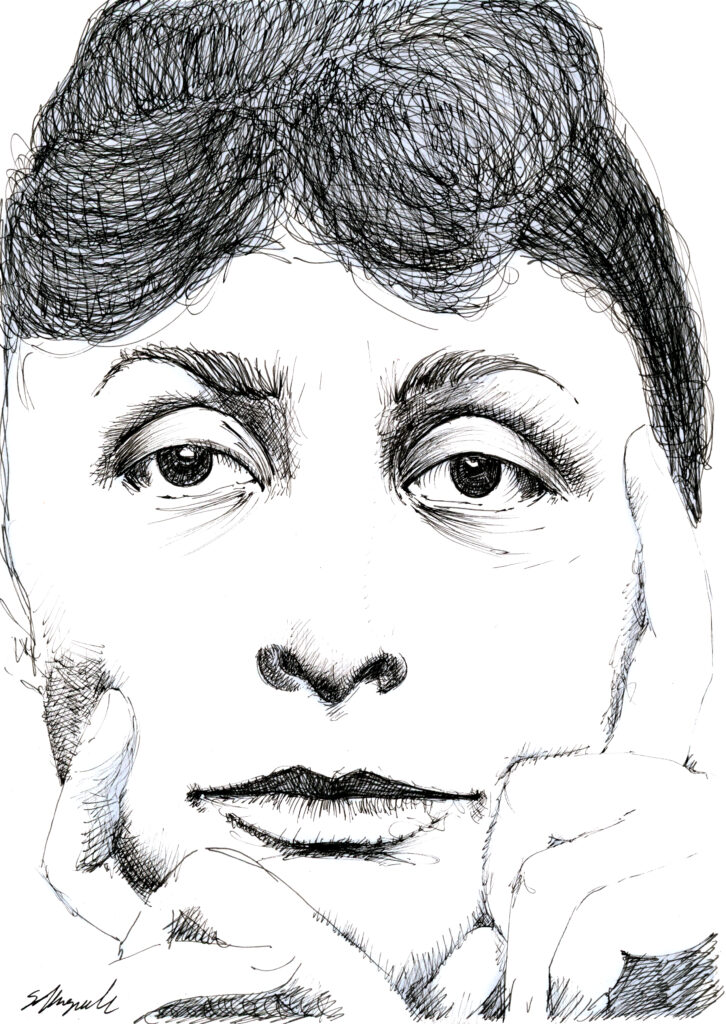
Age and Art
Let’s go back over a bit of history and discover that age in art makes little sense.
- Tiziano Vecellio dies a hundred years old but continues to paint until he is ninety.
- Pablo Picasso continues his artistic career until the age of ninety.
- After the age of sixty, Cézanne painted a third of his entire production.
- Mark Twain published after the age of 50.
- Frank Lloyd Wright designed his most famous house, Fallingwater, at the age of seventy.
- Louise Bourgeois created her greatest work at the age of 86.
- Georgia O’Keeffe was prolific as an artist until her death at almost 100.
- Dancer Martha Graham staged her last work at the age of ninety-six.
And we could go on forever.
The golden age of creation
There is the possibility to create as long as you live. Maybe you live longer because you allow yourself the ability to create.
Because if it is true that on the contrary, there are authors and artists who die very young and have a huge production, or go down in history for a couple of works so important that they amaze the whole world, we must take into account that what young and old have in common is an important thing: the ability and the necessity of change.
Age often crystallizes us in prejudices, in fixed thoughts, in consolidated fears.
The advancing age wants established habits and fixed points.
This is crucial for maintaining a calm and healthy life, but it kills curiosity and mental training.
If cognitive abilities begin to decay, if physical problems and illnesses appear in our lives, it is precisely the ability to change that saves us, despite the physical decay.
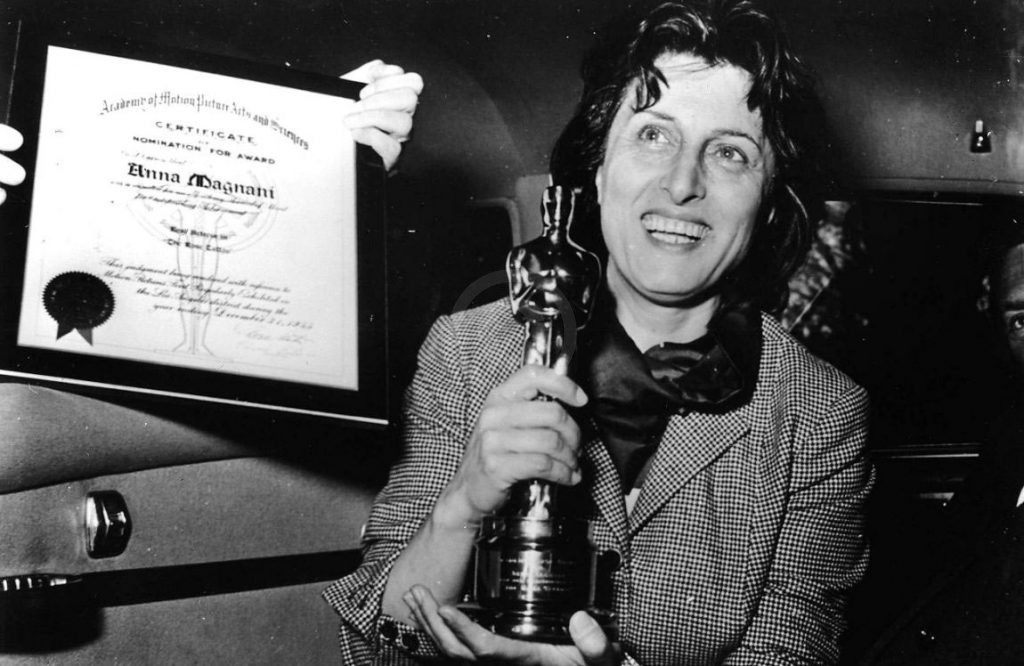
Age changes creativity
Henri matisse leaves the brush for hand problems and starts to create wonderful collages, because the use of scissors is less painful for his hands.
Georgia O’keeffe, having sight problems, slowly leaves painting and devotes herself to ceramics.
The creativity cultivated by young people does not abandon us, if anything it changes.
It doesn’t disappear with age, even in early talent.
The number of works changes, the process changes, but you can create masterpieces, you can invent things, you can produce more slowly but with greater concentration.
And inevitably, what is created in old age, has less trappings, is more meditated.
In this slower and more methodical work, there are fewer failures.
If, as scientists tell us, neurons don’t consume but by training the brain new connections are created even at a late age, a person’s creative ability not only doesn’t die but can even be reborn in new formulations, putting together heterogeneous things maybe not thought of at a young age.
- Memory falters a little bit more, but you have more skills.
- You have less ability to concentrate, but you have more experience over the years.
- You face problems with a greater range of mental configurations already acquired in your youth.
- The accumulation of exercise over the decades, facilitates the creation of anything: the acquired technique accelerates where the slowness of the gesture can intervene.
What it takes to create at any age
–Have new eyes.
What does it mean to abandon habits when they no longer allow you to see what’s in front of you.
This is the case with writers who abandon a genre or write under a pseudonym on subjects other than those for which they are known.
Or travelers who put together notes of a lifetime in a book after just traveling, or artists who radically change the medium of expression, moving from painting to sculpture, or collage or embroidery to painting.
–Continue to do what you like by giving it a new life.
Why not, dance while you can and then become a choreographer, be a sportsman and then a coach, be an actor for decades and then move on to directing (a resounding case is that of Clint Eastwood)
–Feeling that longevity is not how old you are, it’s what kind of career you’ve chosen.
You have always been an artist but your career for your choices didn’t take off at twenty but at fifty. But you came to fifty with so much experience that you could clear the darkness of your previous career.
–To have different expectations from young people.
Reaching the age of fifty and going on to a hundred gives a different sense of success.
Money counts but it is not in the first place. What counts is personal fulfilment and the fun that creating involves.
You have less of a desire to get out and run, you give more meaning to the work itself. This causes less trauma and less disappointment and success, if it comes, whatever it is for each of us, will taste different.

The wisdom of age and creativity
One last thing.
We associate advancing age with wisdom, but is it true?
Wisdom is the ability to accumulate constant lessons from life over the years.
It’s an accumulation of trauma, thoughts, teachings, experiences.
But, there is a but really enormous, using all this in the present to improve it and shape it with our contribution, always in function of a future to be built at best.
If we remain attached to the past, we criticize the present, nostalgic for the past and never find positive sides in the present, we are doomed to the death of our creativity.
Because creativity and age can walk together, but only if they are accompanied by change and the desire to reshaping ourselves every day.
Otherwise the experiences of the past will be of no use to us, if not to complain about the present.
And creativity will die in an instant.
(To explore these topics, I recommend a really interesting book: Annamaria Testa, La Trama lucente)
Want to know more? Download my free e-book about creativity –> HERE.
